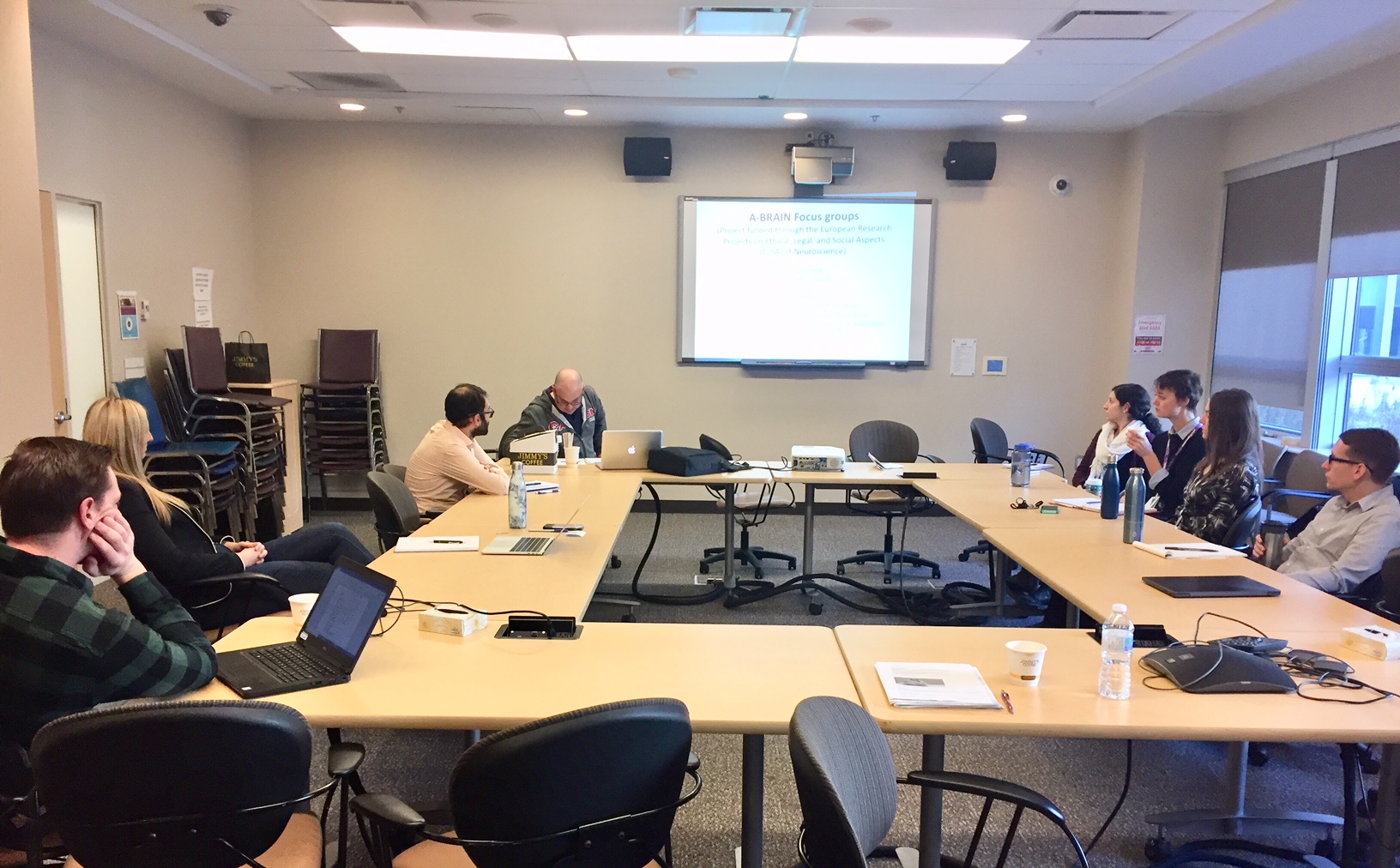What sort of science do we need for furthering knowledge on the nature of addiction? What role does new research on the brain play for treating and preventing addiction problems? These are some of the questions investigated in a University of Helsinki-led international research project with partners from Canada and Germany.
This week researchers from the University of Helsinki were busy developing focus group protocols at the Centre for Addiction and Mental Health (CAMH) in Toronto. The aim is to investigate how clients and staff at the CAMH view the role of brain-based knowledge in preventing and treating addiction problems.
The study is unique not only in that it involves populations from CAMH, one of the largest mental health and addiction treatment centres in the world, but also in that is focuses on the hopes and beliefs in brain-based addiction knowledge among treatment clients and staff in view of the the ethicalness of its implementation in policies and interventions. This is a question that has rarely been inquired into from a societal principle and ethical perspective.
The CAMH focus groups are part of a larger set of inquiries conducted in an international study called the A-BRAIN, which is led by the University of Helsinki and funded by the European ERA-NET ELSA scheme (2018-2021). The international project is also developing a Brain Disease Model of Addiction attitudes measurement scale and new protocols for assessing the epistemic project of the brain as part of youth prevention projects and stakeholders’ views on addiction. The project will also audit and analyse popular media representations regarding the role of the brain in addiction.
Picture: researchers from the Biobehavioral Alcohol Research Lab at CAMH are consulted for the research protocol design. The focus group interviews are being conducted at CAMH in early 2019

